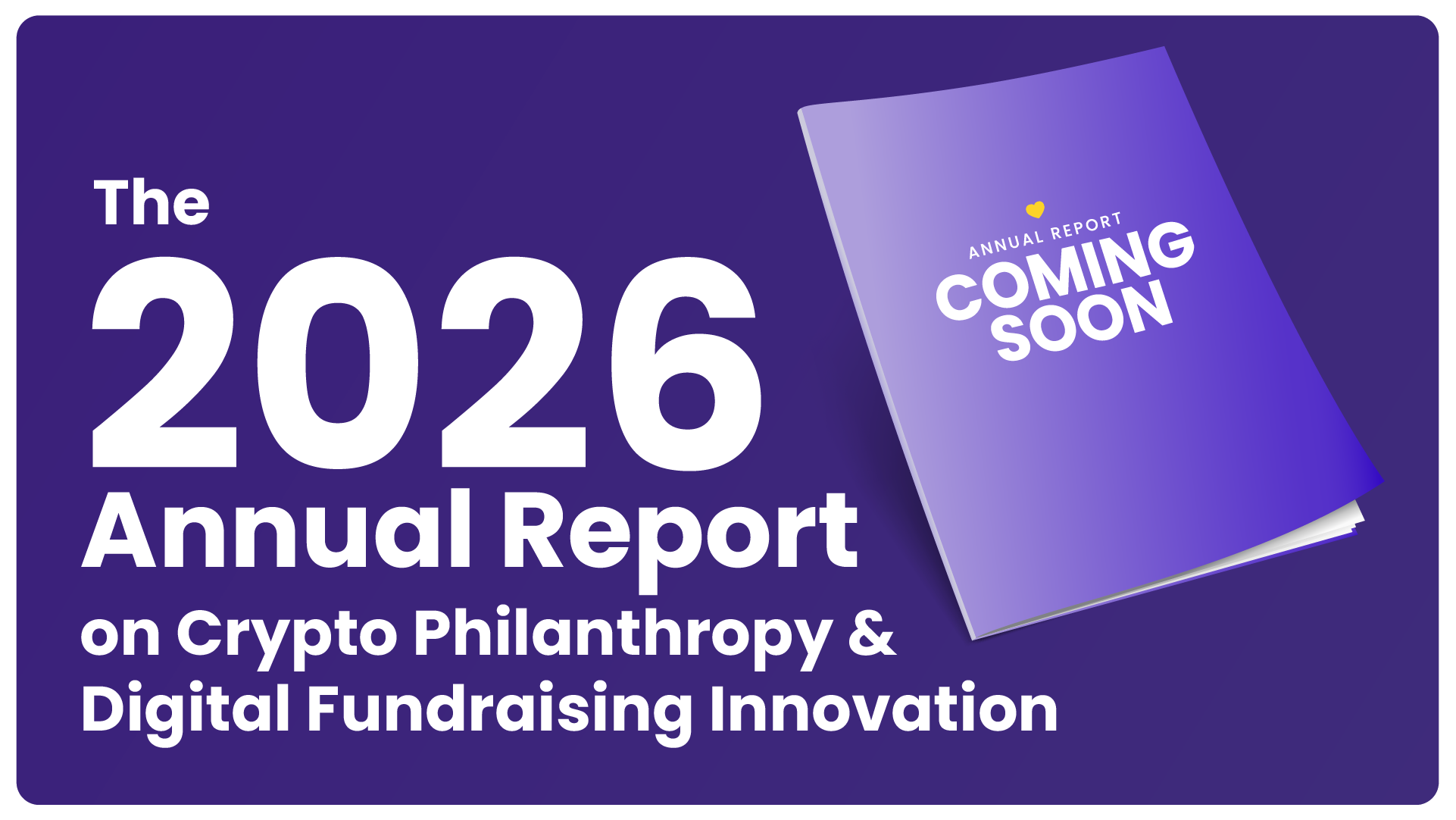A new study released by the Bank of America contains a few eye-opening findings about young, affluent U.S. investors and their wealth-building strategies and ideas on charitable giving.
The results—based on survey responses from over 1,000 high-net-worth (HNW) individuals throughout the U.S. over the age of 21, with $3 Million or more in investable assets—are a sample representative of the greater HNW population in the U.S.
Here are a few takeaways from the study nonprofits should take note of:
1. Younger generations are seeking out alternative investment strategies
Three-quarters (75%) of younger investors, defined as being under the age of 43, don’t have much hope in achieving above-average returns with stocks and bonds. In comparison, a third of older investors (32%) also have little faith in getting ahead by investing in these more traditional assets.
The report also found that the younger generations believe the best growth opportunities are in the digital asset space. Notably, nearly half (47%) of these young investors under 43 years of age report holding cryptocurrencies.
“If the youngest cohort isn’t confident in stocks, where do they see opportunities for investment growth? Alternatives, including cryptocurrencies, which are their No. 1 choice,” the report says.
On average, they are allocating up to 15% of their portfolios to cryptocurrency investments. In addition, these younger investors are 7.5 times more likely than older generations to hold crypto in their portfolios and five times more likely to say they understand it quite well.
(There are thousands of cryptocurrencies on the market, and hundreds that nonprofits can accept as charitable donations.)
2. They are optimistic about their philanthropic impact
It’s clear that each generation wants to set itself apart from its predecessor. Across the generational divide, only about half (51%) of all donors tend to support the same causes as their parents.
Nearly all (87%) of younger investors believe they can better achieve their philanthropic goals than earlier generations. However, less than half of older investors (41%) think those who are younger will be as effective in philanthropic impact as they were.
Interestingly, younger generations are much more likely to make donations through a structured vehicle such as a donor-advised fund (30%), charitable trust (51%), or family foundation (14%) than older generations (15%, 14%, and 4%, respectively).
Learn more about The Giving Block’s structured charity vehicle options for crypto donors.
3. They’re not talking about wealth enough
Baby boomers are expected to pass $84 Trillion to their Gen X and Millennial children over the next two decades. Despite being on the cusp of this historic generational wealth transfer, family conversations about wealth happen late—if they happen at all.
The study found that only 68% of parents have talked about inheritances with their children. Of those that have, these conversations don’t happen until adult children reach the age of 27, on average.
More than one-third of children that are likely to inherit significant wealth have not had important conversations with their parents about the topic of wealth. Is it a coincidence that only half (51%) of parents think their kids are well prepared to handle family money or an inheritance?
If your nonprofit is treating young donors like an insignificant part of your fundraising demographic, it may be time to reconsider your development team’s balance of priorities.
Be Prepared for the Next Generation of Donors
With Millennials and Gen X set to inherit more than $80 Trillion dollars in the coming years, it’s now critical for nonprofits to focus more attention on younger donor stewardship.
Being open to learning about the younger generations’ investing preferences and charitable giving values is a solid first step toward greater understanding. For example, did you know that 83% of Millennial millionaires own cryptocurrency and plan to buy more?
They’re not just holding Bitcoin and other cryptocurrencies to get wealthy. Crypto donations have become the fastest-growing giving method for young donors, with more than $400 Million in crypto donations made to nonprofits in 2021.
To find out more about Crypto Philanthropy’s impact on the nonprofit sector, read case studies from nonprofits with strong crypto fundraising outcomes.





















